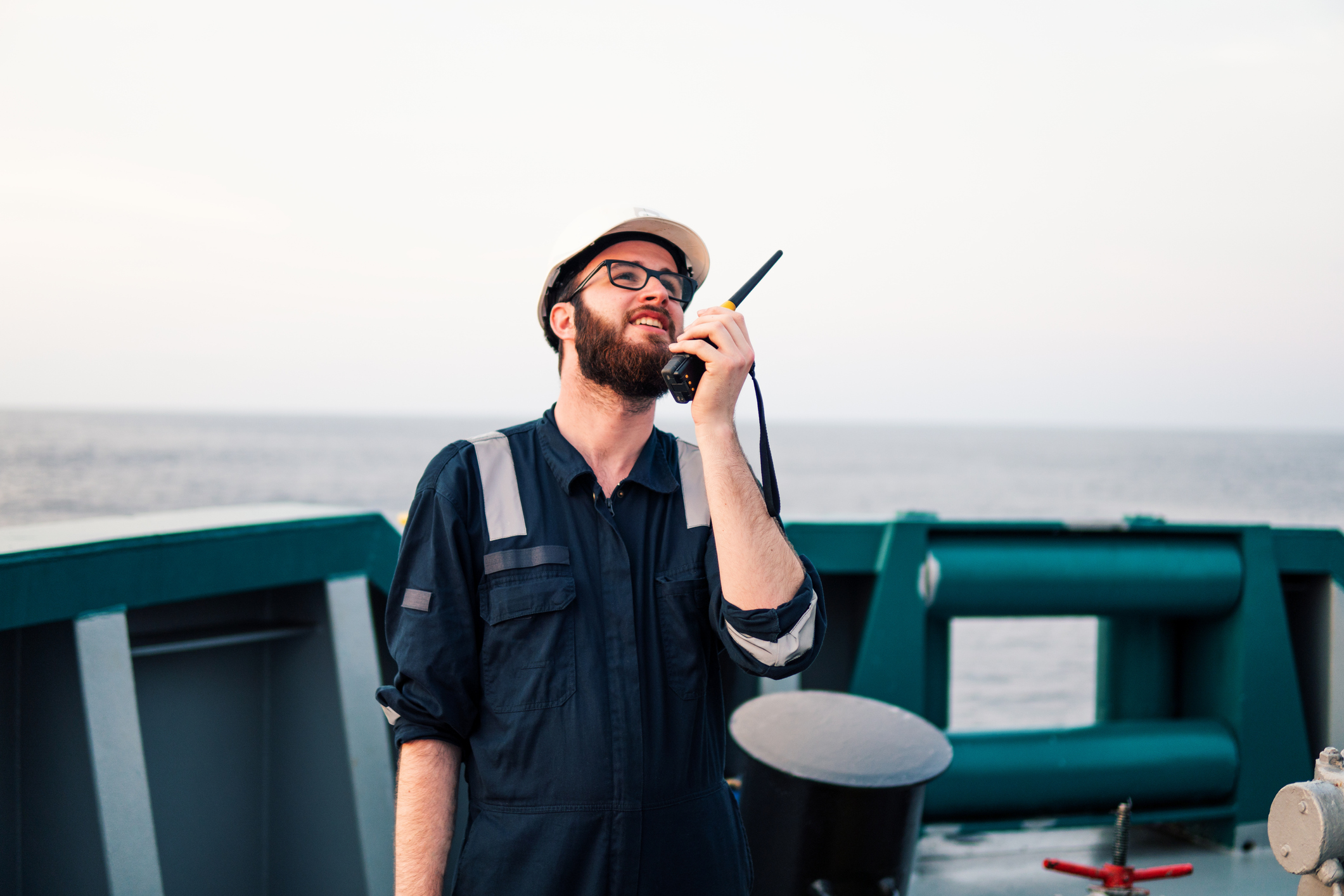Level 2 Seafarer (Deck Rating)
Course Overview
This occupation is found in a wide range of specialist vessels, both commercial and military, be it carrying cargo, equipment, passengers, or crew.
Seafarers are employed in both the Merchant Navy and the Royal Navy and the vessels they work on vary considerably in their size, type, and use. The broad purpose of the occupation is to support the vessel arriving at its destination or meeting another objective (such as unloading cargo), in line with the requirements set out by the ships Master.
|
Course Length |
15-20 months |
|
Levy Funding |
Maximum £10,000 - Non levy employer contribution (5%) |
| Apprentice Eligibility |
Have the right to work in England. Be 16 or older. Candidates will need to pass strict medical requirements. Enthusiasm and a willingness to learn your chosen trade. Dedication and commitment to coursework and the job. English and Maths GCSE (or equivalent) grade D or 3. If you do not meet the Maths and English requirements, The Marine Society will assist you in gaining your Functional Skills qualification prior to End Point Assessment. |
| Qualifications |
Level 2 Award in Maritime Studies: Deck Rating Level 2 Certificate in Maritime Studies: Able Seafarer (Deck) |
By the end of the apprenticeship, a Seafarer will be able to do the following:
- Navigation and Seamanship: have proficient navigation skills, including chart plotting, route planning, and the use of navigational equipment.
- Ship Operations: Carry out ship operations effectively, including cargo handling, anchoring, mooring, and manoeuvring the vessel in different conditions.
- Watchkeeping: Perform watchkeeping duties, closely monitoring the ship's position, activities, and safety systems. They will know how to respond to emergencies and ensure the safety of the crew and vessel.
- Equipment and Machinery Operation: Be knowledgeable about operating and maintaining various ship machinery and equipment, such as engines, pumps, generators, and communication systems.
- Safety and Emergency Procedures: Be well-versed in maritime safety regulations and emergency procedures, including firefighting, life-saving techniques, and the use of safety equipment.
- Seamanship and Knot Tying: Have practical seafaring skills, such as knot tying, rope handling, rigging, and general deck maintenance.
- Environmental Awareness: Understand the importance of environmental protection and sustainability, following best practices to minimize the ship's impact on marine ecosystems and complying with environmental regulations.
Career Options and Progression
A seafarer apprenticeship can open up a range of career options and opportunities for progression within the maritime industry. With further training and experience, an apprentice can progress to become a deck officer, they can work their way up the ranks from third officer to second officer, chief officer, and ultimately, captain. Seafarers may choose to specialise in specific areas such as dynamic positioning, marine surveying, maritime law, maritime safety, or maritime research. Specialisation allows for career growth in niche sectors and can lead to higher-ranking positions or shore-based roles.
Our Employers
Further information
Apprenticeship Standard and End Point Assessment
Level 2 Award in Maritime Studies: Deck Rating
Level 2 Certificate in Maritime Studies: Able Seafarer (Deck)
Funding opportunities - Maritime Educational Foundation (meftraining.org)








